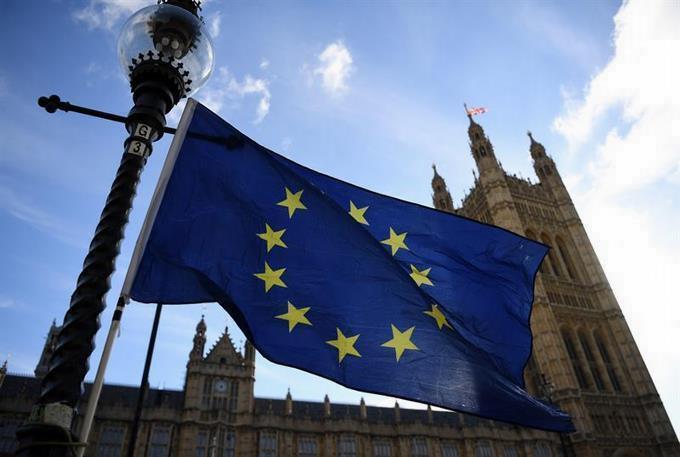The European Union (EU) suffers the side effects of the economic confrontation between the United States and China, now focused on President Joe Biden’s plan to combat climate change and inflation with subsidies to green industries.
The issue will be discussed during the visit to Washington, next Tuesday, of the German and French Finance Ministers, Robert Habeck and Bruno Le Maire, before the EU prepares its response at its summit on February 9 and 10.
That plan, called the Inflation Reduction Act (IRA), endowed with 430,000 million dollars, provides subsidies to green industries, such as the manufacture of batteries for electric cars and solar panels, provided they are produced locally, imitating a Chinese aid program
"One of the IRA’s key objectives is to exclude Chinese suppliers from clean energy production chains."Tobias Gehrke, a researcher at the European Council on Foreign Relations, told AFP.
The expert affirms that the measures aim to reduce the dependence of the United States on Chinese imports.
The Asian country dominates the electric vehicle sector, with 78% of the world’s production of battery cells and three-quarters of the plants to manufacture lithium-ion batteries, according to the Brookings Institution think tank.
a rude confrontation
European leaders fear that these generous incentives will incentivize companies to move their production to the United States.
"The IRA changes the situation. The IRA offers competitive advantages that, coupled with low energy prices in the US, put our industry at risk"declared the French Minister of Economy, Bruno Le Maire, in an interview with AFP.
The EU asked for exemptions for its companies, such as those received by Canada and Mexico.
But those efforts have so far been unsuccessful and Habeck and Le Maire will try to move them forward in their meeting with US Treasury Secretary Janet Yellen.
"Europe became a collateral victim in this story"said Cecilia Malmström, a former European trade commissioner who now works at the Peterson Institute in Washington.
"I don’t think it was intentional"he clarified.
This situation stems from the harsh trade war with China, which began with the arrival of Republican Donald Trump to the White House in 2017.
Trump imposed punitive tariffs in 2018, which Biden has maintained, accompanied by a bellicose rhetoric against China.
In October, the United States imposed restrictions on the export of certain electronic components to China, citing the national interest.
And a 2022 law includes $53 billion in funding to boost semiconductor production in the United States.
In this context, the Inflation Reduction Law arrived.
In the interview with AFP, Le Maire called for more "transparency" by the United States.
"The most important thing is that we cooperate among allies so that there is transparency about the amount of subsidies and tax credits that will be granted"said.
"If you know at what price green hydrogen will be available in the United States and at what price it will be available in Europe, this allows us to guarantee fair conditions of competition"he went on.
A race for grants
The fears of the European bloc have deepened with the supply chain crisis unleashed by the covid-19 pandemic and the war in Ukraine, which has questioned the rules of globalization.
And a growing call for reindustrialization raised the specter of a race for subsidies in the US, China and the EU.
The European Commission (Executive of the EU) wants in turn to facilitate the delivery of state aid to companies.
Pascal Lamy, former head of the World Trade Organization (WTO), says that the EU must put pressure on the United States, since the Inflation Reduction Act is in practice more "anti-European than anti-Chinese".
Gehrke noted that the tension between historic allies calls into question the consistency of the West vis-à-vis China, especially at a time of the EU’s increasing reliance on Chinese components for the manufacture of electric vehicles.
"European production chains are dangerously dependent on China"estimated.
"Focusing on these dependencies is in the economic interest of the EU and could help convince Washington that Europe is a necessary and useful partner vis-à-vis China."he added.
